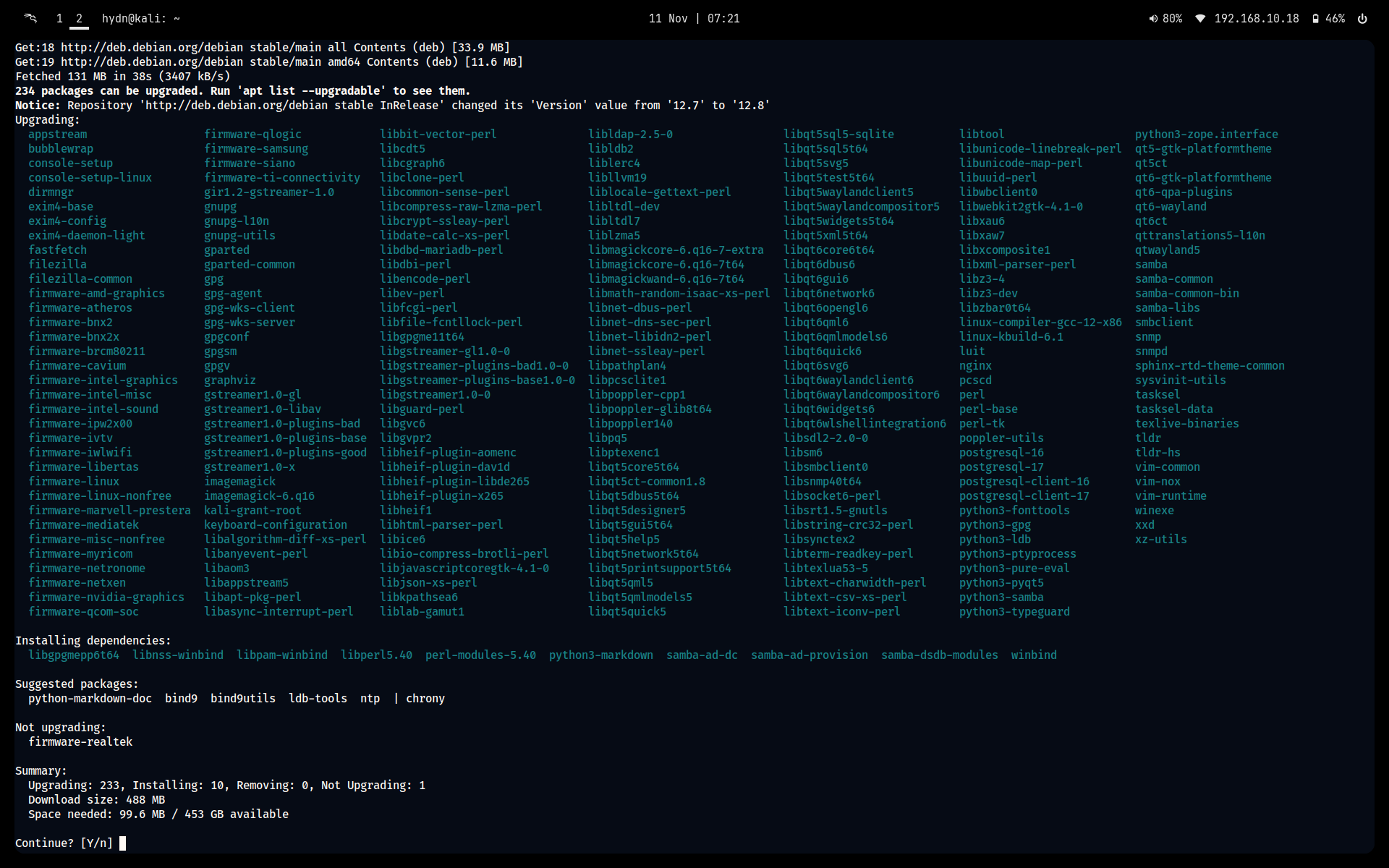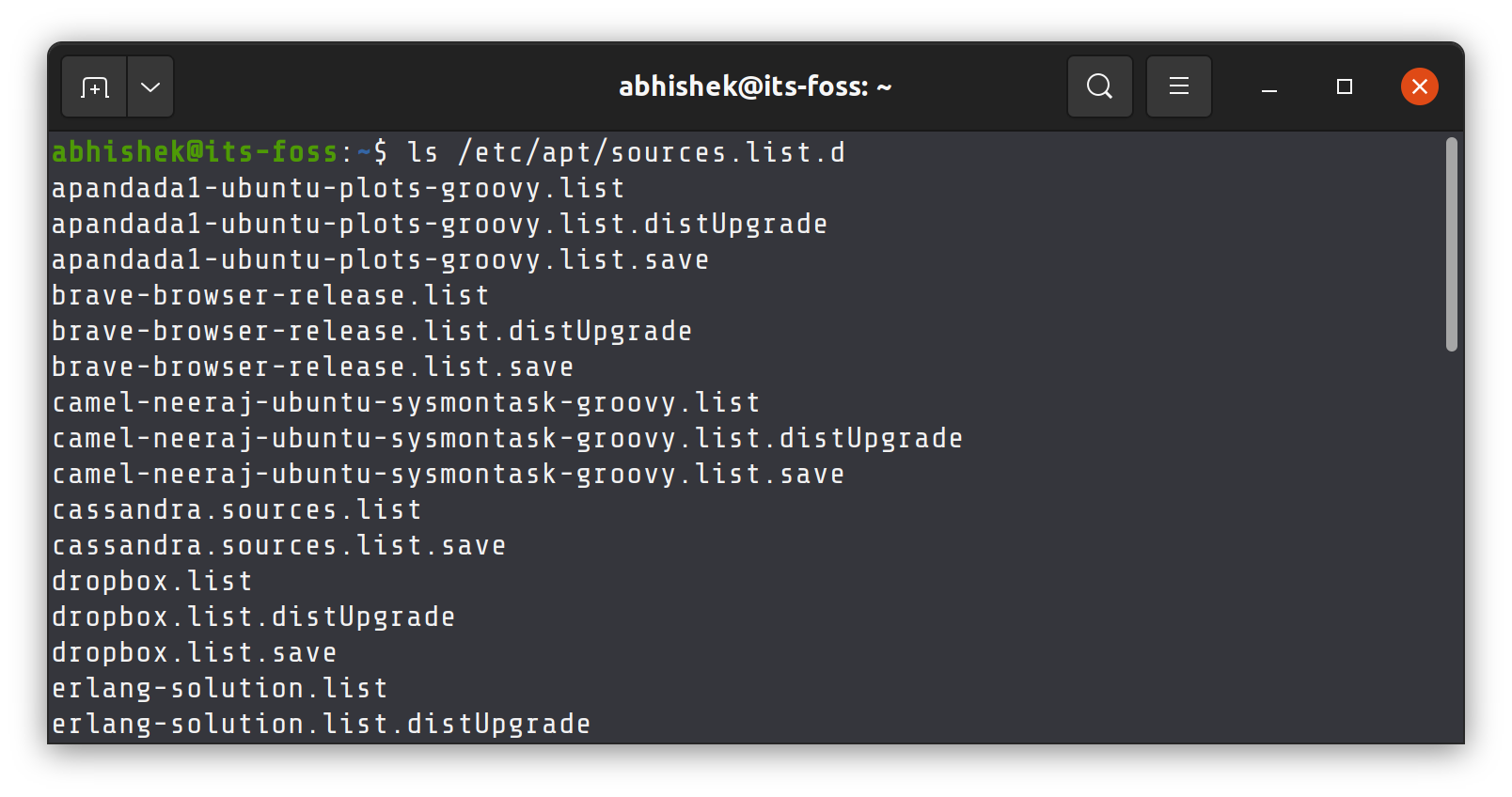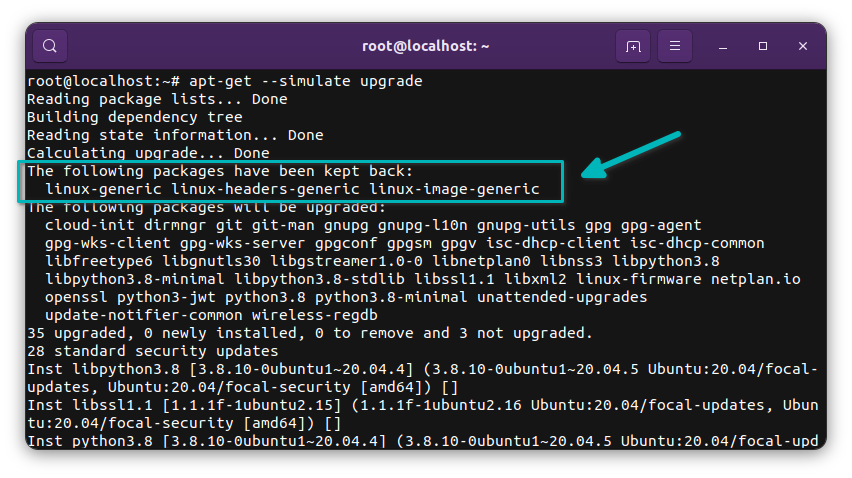
I've been managing servers with APT for over a decade, and here's the thing that separates it from the competition: it fucking works. Unlike some other package managers I won't name (looking at you, RPM-based nightmares), APT actually resolves dependencies without breaking your entire system.
Update: APT 3.0 dropped in April 2025 and it's actually pretty sweet. The new Solver3 dependency resolver is faster and smarter, plus they added colorful output (green for dependencies, red for removals) which makes it easier to see what's happening during installs. They also ditched GnuTLS for OpenSSL and replaced GnuPG with Sequoia, which should improve security and performance.

How APT Actually Works
APT is basically a front-end to dpkg, the low-level package manager that actually installs the .deb files. APT's job is to figure out what the hell you need to install before dpkg takes over. The main tools you'll use are:
apt- Use this for interactive stuff. It shows progress bars and doesn't hate youapt-get- Use this in scripts. It's stable and won't change behavior randomlyapt-cache- For searching packages and getting info
The whole thing talks to repositories (like Ubuntu's package archives and Debian's repositories) to download packages and metadata. GPG signatures verify that packages aren't tampered with, which is nice when you're not installing sketchy software from random PPAs.
The Dependency Resolver That Doesn't Suck
APT's dependency resolver is genuinely good. I've seen it handle some absolutely fucked dependency chains that would break other package managers. It uses a topological sort to figure out installation order, which is a fancy way of saying "install dependencies first, obviously."
When you run apt install something, it:
- Downloads package metadata (this is what
apt updatedoes) - Figures out what else needs to be installed or upgraded using dependency information
- Downloads everything it needs from configured repositories
- Installs packages in the right order so nothing breaks
The resolver can handle version conflicts, suggests alternatives when packages conflict, and generally tries not to destroy your system. I've had maybe 3-4 genuine dependency hell situations in 10+ years, which is pretty good.
Security That Actually Matters
Since around 2005, APT has required GPG signature verification for packages. This means packages are signed by repository maintainers, and APT won't install something that's been tampered with.
This matters more than you might think. I've seen malware distributed through compromised repositories, and signature verification caught it. The downside is you occasionally get "NO_PUBKEY" errors when repositories update their signing keys, but that's better than installing malicious packages.
Performance: Usually Fine

APT caches package metadata locally in `/var/lib/apt/lists/`, so most operations are fast once you've run apt update. Package downloads happen in parallel when dependencies allow it.
The cache system works well, but occasionally gets corrupted (usually if you interrupt apt update). When that happens, just delete everything in that directory and run apt update again. I've learned this the hard way multiple times.
So APT works well, but is it actually better than the alternatives? After dealing with package managers across different distributions for years, I have some strong opinions about what works and what's complete garbage.


